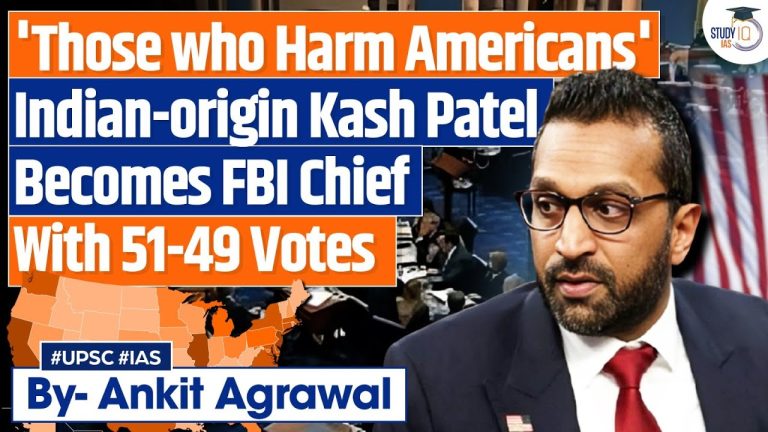In a significant policy reversal, the Trump administration has rescinded federal approval for New York City’s congestion pricing plan, a program designed to alleviate Manhattan’s notorious traffic congestion and generate funds for public transportation improvements.
The decision has ignited a legal battle between federal authorities and New York state officials, with far-reaching implications for urban traffic management and environmental policy.
Background of the Congestion Pricing Plan
Implemented in January 2025, New York City’s congestion pricing plan imposed a $9 toll on vehicles entering Manhattan below 60th Street during peak hours.
The initiative aimed to reduce traffic congestion, lower emissions, and generate revenue for the Metropolitan Transportation Authority (MTA).
Projections estimated that the tolls could raise approximately $500 million in the first year, contributing to a $15 billion investment in transit infrastructure.
Federal Revocation and Rationale
On February 19, 2025, U.S. Transportation Secretary Sean Duffy announced the withdrawal of federal support for the congestion pricing program.
Duffy criticized the plan for imposing financial burdens on working-class Americans and small businesses, stating that it contradicted federal highway laws by charging tolls without providing free alternative routes.
“This administration will not support a program that disproportionately impacts hardworking individuals and undermines the principle of free interstate travel,” Duffy remarked during a press briefing.
State Response and Legal Actions
In response to the federal government’s decision, New York Governor Kathy Hochul and MTA CEO Janno Lieber announced their intention to file a federal lawsuit challenging the revocation.
They argue that the congestion pricing plan had previously received federal approval and had already demonstrated success in reducing traffic congestion and improving air quality in Manhattan.
“We are prepared to defend this vital program that benefits millions of New Yorkers,” Governor Hochul stated. “The data shows that congestion pricing works, and we will not allow this administration to derail our progress.”
Impact on Traffic and Public Opinion
Since its implementation, the congestion pricing plan has reportedly led to a 9% reduction in Manhattan traffic, with commuters experiencing shorter travel times and increased reliability in public transit schedules.
Additionally, a recent survey indicated that 59% of New Yorkers support the continuation of congestion pricing, viewing it as a necessary measure to combat urban gridlock and pollution.
Criticism and Support
Despite its reported benefits, the program has faced criticism from various quarters. Some local business owners and commuters argue that the $9 toll imposes an undue financial strain, especially on those who rely on personal vehicles for their livelihoods.
“This toll is just another expense that eats into our already tight margins,” said a small business owner in Manhattan. “It’s a burden that many of us can’t afford.”
Conversely, environmental advocates and urban planners support the initiative, citing its potential to reduce vehicle emissions and promote the use of public transportation.
They contend that congestion pricing is a proven strategy, referencing similar programs in cities like London and Singapore that have successfully managed traffic congestion and improved air quality.
Read More:
- Senate Confirms Kash Patel as New FBI Director in Narrow 51-49 Vote
- President Trump to Inspect Fort Knox Gold Reserves Amid Revaluation Speculation
Legal and Political Implications
The legal dispute over New York City’s congestion pricing plan raises questions about federal versus state authority in urban transportation policies.
Legal experts suggest that the outcome of this case could set a precedent for future infrastructure and environmental initiatives across the country.
“This case will test the limits of federal intervention in state-administered programs,” noted a professor of constitutional law.
“The courts will need to balance the federal government’s regulatory powers against the rights of states to implement policies tailored to their unique urban challenges.”
Next Steps
As the legal process unfolds, the MTA has indicated that it will continue to enforce the congestion pricing tolls until a judicial decision is reached.
Commuters and businesses are advised to stay informed about potential changes to the program and to plan accordingly.
For more information on the federal government’s policies regarding tolling and congestion management, visit the Federal Highway Administration’s official website.
The resolution of this conflict will have significant implications not only for New York City but also for other metropolitan areas considering similar measures to address urban congestion and environmental concerns.
Disclaimer- Our team has thoroughly fact-checked this article to ensure its accuracy and maintain its credibility. We are committed to providing honest and reliable content for our readers.

























+ There are no comments
Add yours